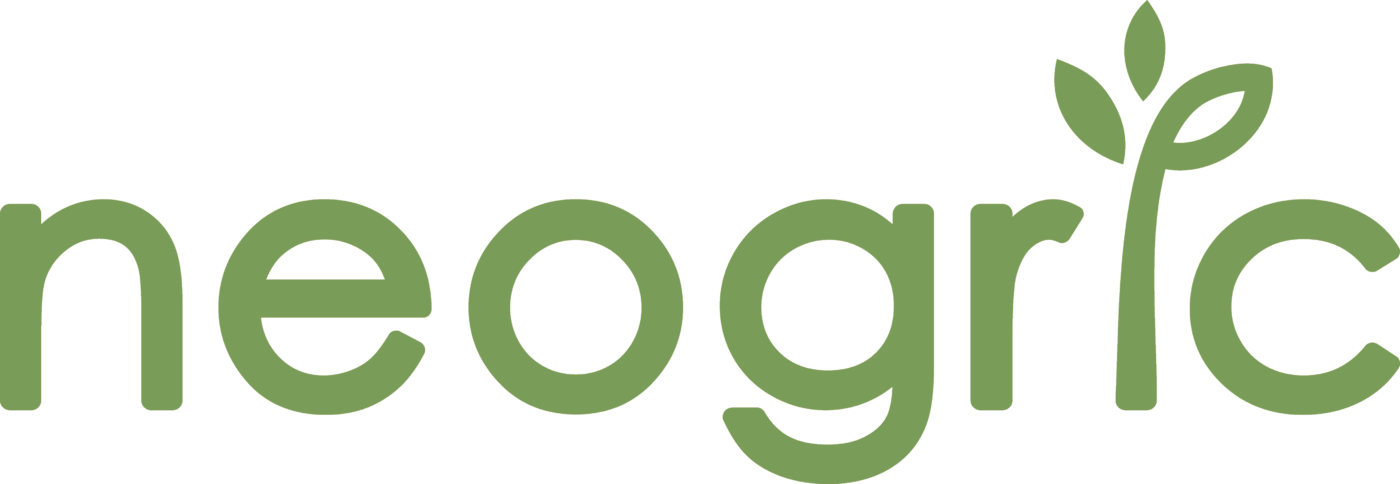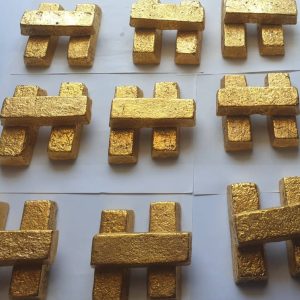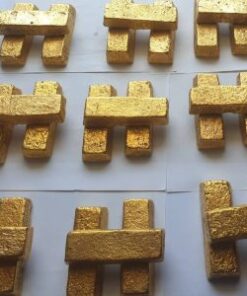Raw African Gold: A Comprehensive Guide to Trading and Buying
Raw African gold is a cornerstone of the global gold market, with the continent producing a significant share of the world’s supply. Countries such as Ghana, South Africa, and Sierra Leone are key players, offering high-quality gold for investors and traders. This guide provides a detailed overview of how to trade and buy raw African gold, covering top producing countries, export destinations, pricing, and safe purchasing practices. It emphasizes Sierra Leone’s emerging role as a gold trading hub and highlights Neogric (Neogric) as a reliable platform for facilitating secure transactions.
Top Countries to Buy/Export Raw African Gold From
Africa’s rich gold deposits make it a vital source for global markets. The following countries are among the top producers, with Sierra Leone standing out for its potential:
- Sierra Leone: While current production is modest at 0.06 tons in 2022, Sierra Leone is poised for growth with the Baomahun Gold Project, holding 5.81 million ounces. Government support and efforts to formalize artisanal mining make it an attractive destination for buyers.
- Ghana: Africa’s largest gold producer, Ghana yields approximately 127 tons annually, supported by a transparent market and major mining companies.
- South Africa: Producing around 118 tons yearly, South Africa’s advanced infrastructure ensures a steady supply of high-quality gold.
- Burkina Faso: With 62 tons annually, Burkina Faso is experiencing rapid growth in its gold sector.
- Mali: Producing 101 tons per year, Mali is a significant exporter with a rich mining history.
- Sudan: Yields 80 tons annually, primarily through artisanal mining.
- Tanzania: Produces 46 tons yearly, with major mines like Geita.
- Democratic Republic of Congo (DRC): Rich in gold, though production varies due to political challenges.
- Côte d’Ivoire, Guinea, Zambia, Kenya, Mozambique, Zimbabwe: These countries contribute to Africa’s diverse gold supply, with emerging or established mining operations.
| Country | Annual Production (Tons) | Key Features |
|---|---|---|
| Sierra Leone | 0.06 (2022) | Baomahun project, government support |
| Ghana | 127 | Transparent market, major mining companies |
| South Africa | 118 | Advanced infrastructure, deep mines |
| Burkina Faso | 62 | Rapid growth, new projects |
| Mali | 101 | Historical significance, artisanal mining |
| Sudan | 80 | Artisanal-driven, economic importance |
| Tanzania | 46 | Large mines, growing sector |
| DRC | Varies | Rich deposits, political challenges |
Top Destination Countries for Raw African Gold
African gold is exported to major global markets, including:
- United Arab Emirates (UAE): Dubai is a key hub, importing significant quantities, though smuggling is a concern.
- Switzerland: A global refining center, processing African gold for distribution.
- United Kingdom: A major importer and refiner of African gold.
- United States: A significant consumer for jewelry, electronics, and investment.
- India: The world’s largest gold consumer, primarily for jewelry, relying heavily on African imports.
Ensuring legally sourced gold is critical to avoid ethical and legal complications.
International Price of Raw African Gold
As of Q1 2025, the international price of gold was approximately:
|
Unit
|
Price (USD)
|
|---|---|
|
Per Ounce
|
$2,900
|
|
Per Gram
|
$93.24
|
|
Per Kilogram
|
$93,240
|
These prices reflect the spot price for 24K gold and may vary due to local conditions, refining costs, and currency exchange rates. Checking real-time prices before transactions is essential due to market fluctuations.
Why Foreigners Get Scammed in Raw African Gold Trade
The raw African gold trade can be challenging for foreigners unfamiliar with local markets. Common scams include:
- Fake Gold Deals: Scammers offer large quantities at discounted prices using fraudulent websites or documents.
- Advance Fee Fraud: Buyers pay upfront for shipping or taxes, only for scammers to disappear.
- Fake Assays: False documentation claims high purity, but the gold is counterfeit or low-grade.
- Bait and Switch: Real gold is shown initially, but fake gold is delivered.
- Non-Delivery Scams: Payments are made, but no gold is delivered.
To mitigate these risks:
- Verify seller legitimacy through independent sources.
- Avoid upfront payments without inspecting the gold.
- Use professional assayers to confirm purity.
- Be cautious of deals significantly below market prices.
In-person purchases, particularly in buyer-friendly countries like Sierra Leone, significantly reduce scam risks by allowing direct inspection and verification.
Step-by-Step Process to Safely Buy Raw African Gold
To purchase raw African gold safely, follow these steps:
- Research Reputable Sellers: Identify established dealers or miners, such as those involved in Sierra Leone’s Baomahun project or Ghana’s major mines. Check for certifications or licenses.
- Buy In-Person: Travel to meet sellers directly, enabling physical inspection and document verification. Sierra Leone’s welcoming environment makes it an ideal destination.
- Inspect the Gold: Examine the gold and hire a professional assayer to verify purity and weight.
- Verify Documents: Ensure all documents are valid, including mining licenses, export permits, certificates of origin, proof of tax paid, and authenticity certificates.
- Ensure Legal Compliance: Confirm the gold is legally sourced and complies with export regulations.
- Arrange Secure Transportation: Use reputable logistics companies and consider insurance.
- Complete the Transaction: Pay only after verifications are complete, using secure payment methods.
Required Documents for Gold Trading in Africa
Trading gold in Africa requires the following documents to ensure compliance:
| Document | Purpose |
|---|---|
| Mining License | Proves legal mining |
| Export Permit | Authorizes gold export |
| Certificate of Origin | Verifies gold’s origin |
| Proof of Tax Paid | Confirms tax payment |
| Authenticity Certificate | Verifies purity and weight |
| Import License | Required for importing to destination |
| Customs Declarations | Necessary for customs clearance |
These documents ensure adherence to national and international regulations.
Should You Buy Raw African Gold Online? Pros vs Cons
Buying gold online offers convenience but carries risks:
Pros:
- Convenience: Purchase from anywhere without travel.
- Potential Cost Savings: Some online sellers offer competitive prices.
- Wider Access: Connect with sellers across Africa.
Cons:
- Scam Risks: Fraud, including fake gold or non-delivery, is common online.
- Verification Challenges: Remote inspection and document verification are difficult.
- Legal Concerns: Ensuring legal sourcing is harder online.
- Shipping Risks: Gold may be lost or stolen during transit.
In-person buying is generally safer, particularly in countries like Sierra Leone. Platforms like Neogric (Neogric) can enhance online transactions by connecting buyers with verified sellers.
Why Sierra Leone is Becoming Africa’s Top Gold Trading Hub
Sierra Leone is emerging as a key gold trading hub due to:
- Vast Deposits: The Baomahun Gold Project, with 5.81 million ounces, positions Sierra Leone among Africa’s top gold prospects.
- Government Support: Policies promote mining investment, fostering economic growth and job creation.
- Formalizing Artisanal Mining: Efforts to regulate artisanal mining enhance transparency and supply.
- Strategic Location: Sierra Leone’s West African position facilitates trade with neighboring countries.
- Welcoming Environment: The country supports foreign investors with a buyer-friendly atmosphere.
These factors make Sierra Leone a compelling choice for gold buyers seeking reliability and opportunity.
Buy Raw African Gold with Neogric
Neogric (Neogric) is expanding its expertise in agricultural commodities to include raw African gold, offering a trusted platform for buyers. Benefits include:
- Access to high-quality gold from verified sellers in top-producing countries.
- Secure transactions with verified documentation.
- Market insights and real-time pricing updates.
Neogric simplifies the gold buying process, ensuring safety and efficiency for both new and experienced investors.
Conclusion
Trading and buying raw African gold offers significant opportunities but requires careful navigation. By focusing on top-producing countries like Sierra Leone, prioritizing in-person transactions, and verifying documents, buyers can minimize risks. Neogric (Neogric) provides a reliable platform to connect with trusted sellers, ensuring a seamless and secure trading experience. With the right approach, Africa’s gold market can be a valuable investment opportunity.




